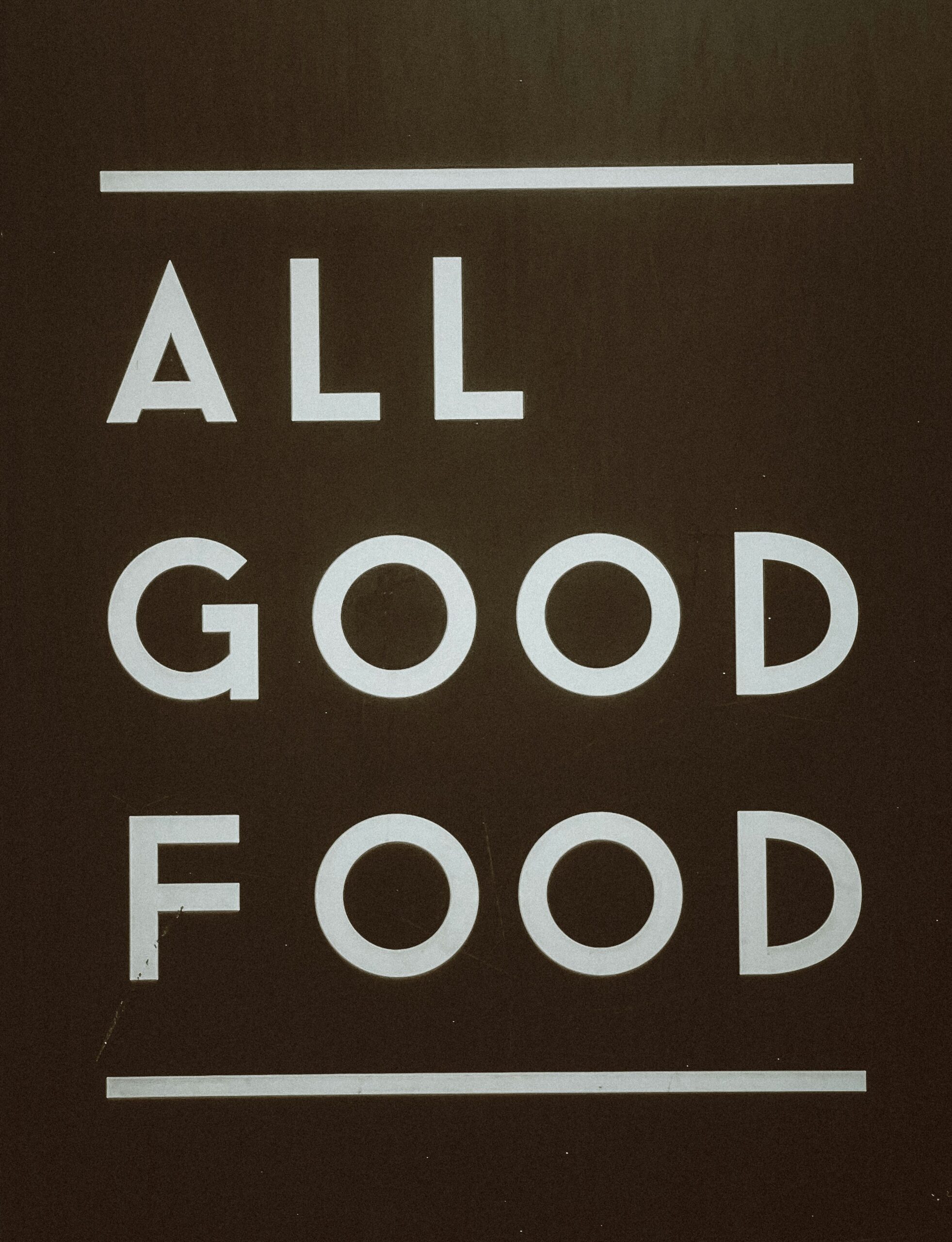
08 Jul The Top Food Safety Risks for Startups (And How to Prevent Them)
Starting a food business is exciting — but it also comes with serious responsibilities. Food safety is one of the most critical (and often overlooked) areas for startups. A single mistake can lead to customer illness, product recalls, or permanent brand damage.
Whether you’re producing sauces, baked goods, pet treats, or frozen meals, knowing the most common food safety risks — and how to prevent them — can protect your customers, your reputation, and your future.
1. Improper Temperature Control
One of the most common risks for new food brands is not maintaining proper cold or hot holding temperatures. This can lead to rapid bacterial growth, especially in high-risk foods like meat, dairy, seafood, and cooked products.
Examples:
-
Refrigerated dips or drinks stored at room temperature at farmers markets
-
Frozen products partially thawing during shipping
How to Prevent It:
-
Use data loggers or thermometers to monitor temperature during storage and transport
-
Work with a cold-chain logistics provider for shipping perishable items
-
Label products clearly with “Keep Refrigerated” or “Keep Frozen” instructions
-
Validate product shelf life under different storage conditions
2. Unvalidated Shelf Life
Many startups guess expiration dates or use overly optimistic timelines, which can result in spoiled product on the shelf. Mold growth, rancidity, and vitamin degradation are all real risks without lab testing.
How to Prevent It:
-
Get professional shelf life testing to determine a safe and accurate “Best By” date
-
Test for microbial stability, moisture activity, rancidity, and packaging integrity
-
Periodically recheck shelf life when you change ingredients, packaging, or suppliers
3. Allergen Mislabeling
Allergen errors are one of the top reasons for food recalls in the U.S. and Canada. Even a trace of undeclared allergens like milk, wheat, soy, or peanuts can trigger severe reactions.
How to Prevent It:
-
Accurately list all ingredients and major allergens (top 9 in the U.S., top 11 in Canada)
-
Use dedicated production lines or clean thoroughly between runs
-
Conduct allergen swab testing if you’re producing multiple SKUs in the same space
-
Have your labels reviewed by a regulatory expert before printing
4. Poor Hygiene and Sanitation Practices
Startups working in shared kitchens or small facilities often lack formal food safety training, increasing the risk of cross-contamination.
How to Prevent It:
-
Train all staff on handwashing, cross-contact, and cleaning protocols
-
Create a basic Good Manufacturing Practices (GMP) checklist
-
Sanitize equipment between uses — especially if switching between raw and cooked foods
-
Wear gloves, hairnets, and clean aprons when handling product
5. Inadequate Process Controls for Acidified or Canned Foods
If you’re selling pickles, sauces, salsas, or any low-acid canned foods, your product may need a Process Authority Letter and scheduled process to prevent botulism — a rare but deadly foodborne illness.
How to Prevent It:
-
Get a Process Authority evaluation from a certified food processing lab
-
Monitor and document pH, water activity, and fill temperatures during production
-
Use acidification or thermal processing validated by a food scientist
6. Improper Packaging Selection
Packaging isn’t just about looks — it plays a huge role in food safety. Leaky seals, non-food-grade plastics, or poor oxygen barriers can lead to spoilage or contamination.
How to Prevent It:
-
Choose food-safe, tamper-evident packaging
-
Match your packaging to your product’s shelf life and storage needs
-
Test your product in real-life conditions (shipping, storage, humidity) to see how it holds up
-
Avoid packaging that off-gasses or degrades when exposed to oil, acid, or moisture
7. Skipping Lab Testing Entirely
Too many startups avoid lab testing due to cost or time, only to pay the price later with rejected shipments or complaints. Without proper documentation, it’s hard to prove your product is safe or compliant.
How to Prevent It:
-
Partner with a food lab to test:
-
Microbial safety (bacteria, yeast, mold)
-
Nutritional content
-
Water activity
-
Shelf life
-
Allergen residues
-
-
Keep organized records in case of inspections or distributor requests
Work With United Food Labs to Stay Compliant and Confident
At United Food Labs, we work with food startups across the U.S. and Canada to help them:
-
Prevent costly food safety mistakes
-
Validate shelf life and product safety
-
Get FDA- and Health Canada-compliant labels
-
Secure Process Authority Letters for acidified foods
📍 Labs in California, Washington, North Carolina & Connecticut
📞 818-749-2751 | 📧 info@unitedfoodlabs.com
🌐 unitedfoodlabs.com
Food safety isn’t optional — it’s your foundation. Start strong, stay safe, and build a brand that lasts.
